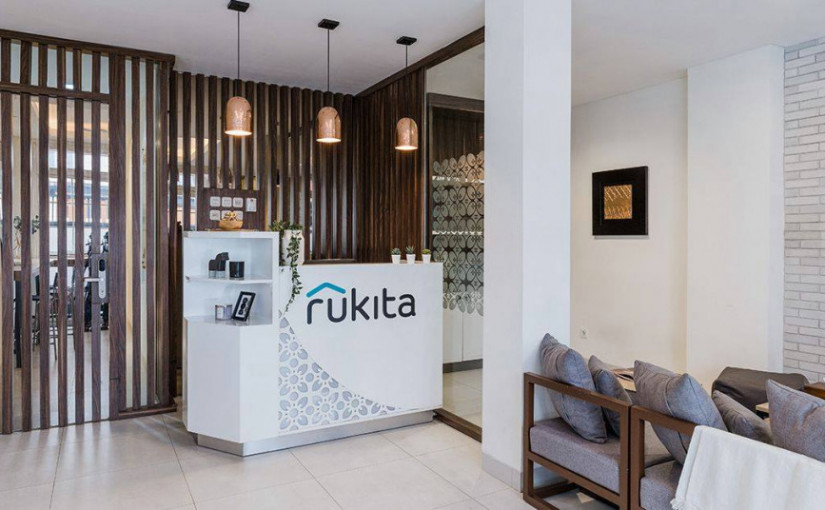The co-living concept or communal residential is not a new thing in Indonesia. Lately, some startups began working on this concept as the rise of proptech sector. Rukita is one of the players that considered a pioneer of this communal residential concept.
“Co-living at Rukita provides residents with a comfortable living space that supports social interaction with the availability of communal spaces without compromising the privacy of residents who remain guaranteed with private bedrooms,” CEO & Co-Founder, Sabrina Soewatdy said in her written statement.
In general, Rukita offers subscription rooms. It means, Rukita provides all kinds of room requirements for residents, as a boarding room or apartment. Rukita also makes community programs to encourage the residents to interact with each other. These programs are referred to by Rukita as co-living residences.
Business Model
Rukita has currently managed rooms for a year in Jadetabek. In total there are 3000 rooms. They use the revenue sharing system of their cooperation with property owners.
Rukita manages stuff, such as property management services, renovation, maintenance, operations, to marketing. In other words, the owner of the house have no worry and just wait for results.
Sabrina revealed what distinguishes them from other online property rentals is a background check on potential residents. She gave an example of an unmarried couple and daily rental housing as two social problems that often arise from daily rentals.
“In line with our commitment to building a sustainable business in the proptech sector, we are targeting service expansion in the Greater Jakarta area by focusing on quality assurance as our top priority,” Sabrina added.
With such a residential rental model, there are already some startups offering similar services in Indonesia. One of them is Mamikos, they not only offer boarding and apartment listing services but also cooperate with property owners for management.
Market segment
Rukita was inspired by the housing demand of the millennials which continues to grow until 2035, of which around 34% of the population comes from that age group. Potential problems arise because 69.4% (Millennial Report 2019) of this kiwari group are yet to own a house. While property prices in Indonesia, especially Jakarta, are far from consumers’ purchasing power.
Sabrina said their residential concept is suitable for millennial groups living in urban areas, such as urban people, young executives, and foreign workers in Indonesia.
“We are here to improve a better lifestyle for millennials, where we believe that a person will have a better life when he lives in a residence that supports his needs,” said Sabrina.
In terms of funding, Rukita has received an initial funding injection led by Sequoia Surge in the middle of last year. Sabrina said this year’s priority is to maintain service quality. However, she did not deny that funding is one of the ongoing discussions.
–
Original article is in Indonesian, translated by Kristin Siagian
